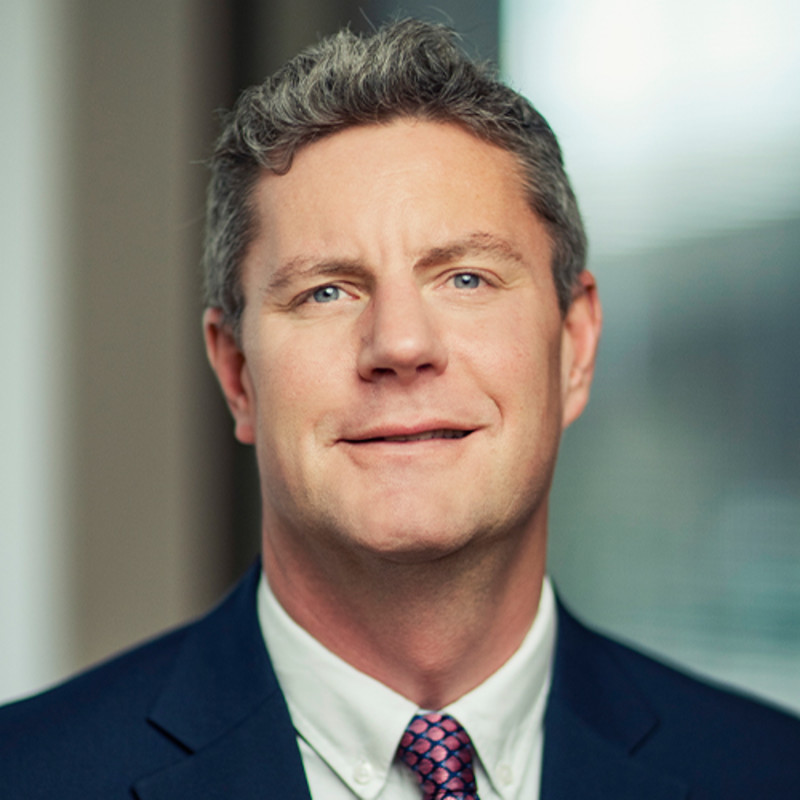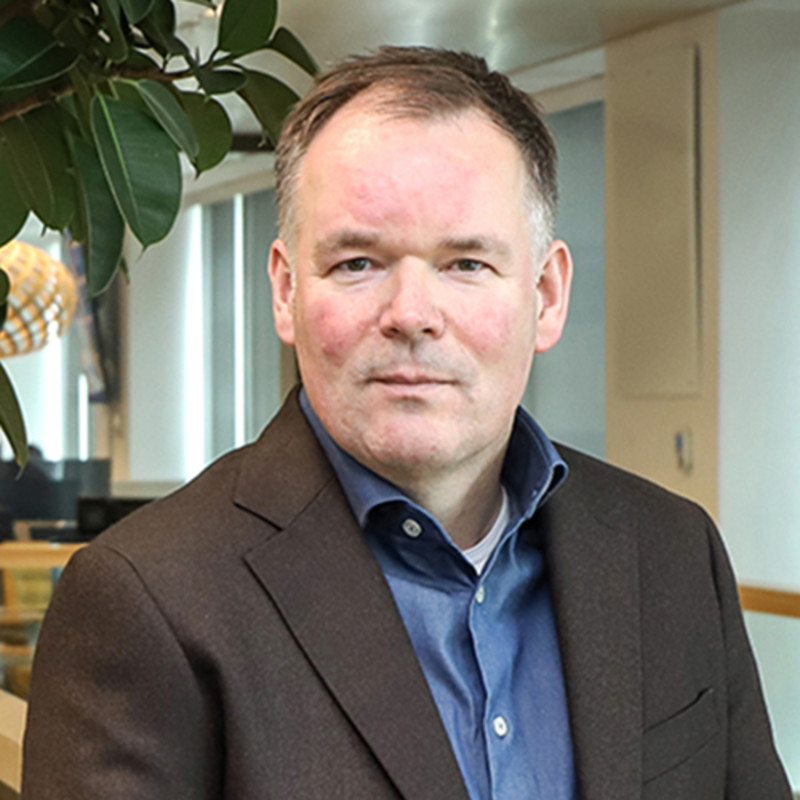Key points
- Uses a proprietary SDG measurement framework to select companies that contribute positively to the SDGs, excludes those that do the opposite
- Managed with an active, value focused and contrarian investment style
- Experienced and stable investment team
About this fund
Robeco Global SDG Credits is an actively managed fund that invests in corporate bonds in the global developed and emerging markets. The selection of these bonds is based on fundamental analysis. Performance drivers are the top-down beta positioning as well as bottom-up issuer selection. The fund invests at least two-thirds of its total assets in non-government bonds (which may include contingent convertible bonds (also "coco" bonds)) and similar non-government fixed income securities and asset backed securities from all around the world. The fund will not invest into assets with a rating lower than "B-" by at least one of the recognized rating agencies. The fund takes into account the contribution of a company to the United Nations Sustainable Development Goals (SDG). The portfolio is built on the basis of the eligible investment universe and an internally developed SDG framework for mapping and measuring SDG contributions, about which more information can be obtained via the website www.robeco.com/si. The fund's objective is to provide long term capital growth.
Key facts
| Total size of fund | SEK 17,931,315,737 |
| Size of share class | SEK 120,259,107 |
| Inception date share class | 21-02-2023 |
| 1-year performance | 4.14% |
| Dividend paying | Yes |
Fund manager
 Matthew Jackson
Matthew Jackson Daniel Ender
Daniel Ender Evert Giesen
Evert Giesen Joost Breeuwsma
Joost Breeuwsma



